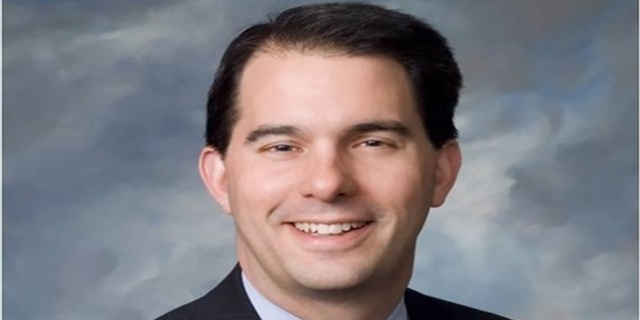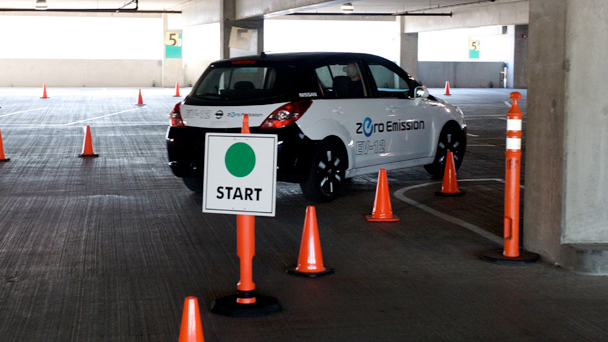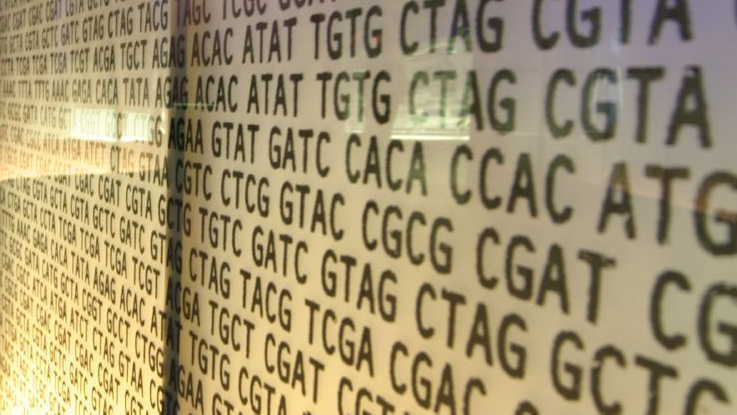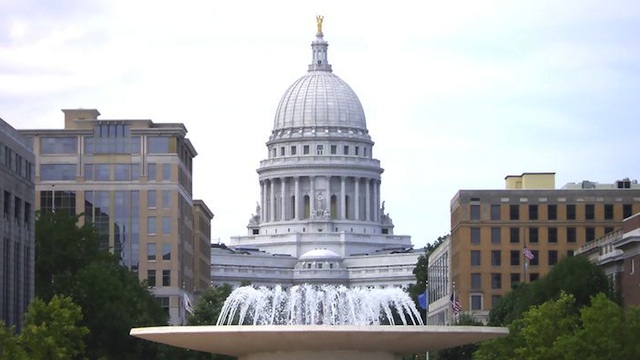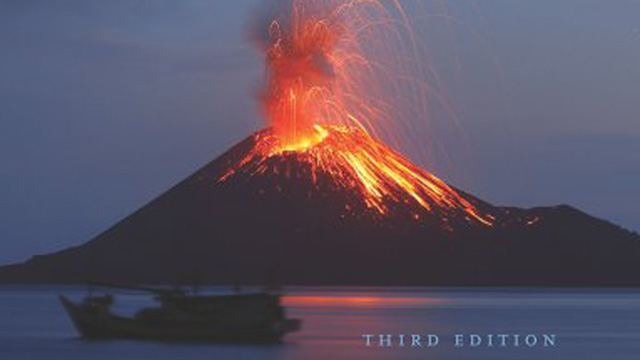In his Big Think interview, the prospective GOP presidential candidate takes aim at what he calls the “fourth bubble,” i.e., government spending.
All Articles
There is one thing about living with a lawyer that never fails to amuse me. When I described to her yesterday how, despite a temporary restraining order prohibiting Wisconsin’s Department […]
I am somewhat dragging this week – I think it is the exhaustion that leads into spring break – so today’s we’ll have a Mystery Volcano Photo. Our last installment, […]
Navigating and coordinating all of today’s social networking tools at the office spells w-a-s-t-e. Unifying the functions across platforms into one software will boost productivity for business.
Climate change expert Bjorn Lomborg says carbon pricing is a “broken” scheme and the world must instead invest heavily in R & D to make green energy cheaper than fossil fuels.
Ever wish you had your own personal makeup artist? That dream could soon be a reality with a computer that scans your face and suggests the perfect personalized makeup combination.
The fact that foodies so often construct their pursuit of rarified taste to be an environmentally and socially responsible act only intensifies the ugly paradox at the core of the movement.
Why are new drugs always tested on laboratory mice, anyway? And when a drug does successfully cure a poor mouse, how does it find its way to human drug stores?
What if scientific investment sought to benefit people directly rather than secondarily through technological development? Welcome to the emerging world of social innovation.
Apple didn’t invent the tablet computer, but it didn’t invent the MP3 player or the cell phone either, says Shane Richmond. Now Apple markets its iPad 2 as a post-PC device.
Rare earth minerals crucial to the operation of laptops, cellphones and iPods are mined from conflict areas like the Congo where profits from resource extraction fund civil wars.
New companies are selling privacy protections to Internet users while others are hoping to cash in on the opposite: inviting users to sell their data to online retailers for cash.
Taking advantage of social networking software to increase collaboration and innovation in the workplace is the next big thing, says Tom Davenport, professor of management at Babson.
So I’ve been thinking some about the fact that “The Social Network” portrays people–even techno-meritocrats–as worse than they really are. I’ve been criticized, of course, for not recognizing the artistry […]
“Once I am sure there’s nothing going on/ I step inside, letting the door thud shut,” begins Philip Larkin’s poem “Church Going.” “Another church: matting, seats, and stone,/ And little […]
Wisconsin governor Scott Walker defied a court order to ban citizens from the capitol building during his budget address. Citizens were left out in the cold while Walker’s allies were […]
It turns out that there are small clusters of innovation being created all over the world, in some places you might least expect.
The Cancer Genome Atlas project, already several years underway, is transforming the way scientists think about and treat cancer.
Only 2% of the 3 billion DNA base pairs in the human genome actually code for proteins, but the rest of our non-coding genes are proving vital to understanding a host of diseases like autism and schizophrenia.
New York Mayor Michael Bloomberg—himself a billionaire captain of the newspaper industry—has a novel perspective: maybe unions are good for business.
“Volcanoes of the World” is an invaluable resource for volcano neophytes and aficionados alike. Check out some of its best charts and figures here.
Here are two cutting-edge solutions for how we can leverage social media in times of crisis.
The asteroid discovery record of 19 objects in one night was set on January 29. The asteroid discovery record was accomplished using a powerful telescope on the Hawaiian island of Maui.
Columbia economics professor Jeffrey Sachs quotes Gandhi who famously said that there are enough resources on Earth for everybody’s need, but not enough for everybody’s greed.
A volunteer effort to map all the food stores in Brooklyn, N.Y., is an example of two rising trends: citizen mapping and increasing scrutiny of urban Americans’ access to healthy food.
Scientists are buying up tickets for privately-run trips to space. Space tourism teams like Virgin Atlantic offer relatively cheap ways for cosmologists to observe their subject of study.
“The age of plastic, disposability and consumerism was an artefact of overproduction in the oil industry. Higher prices and harder access will usher in a different age,” says Andrew Simms.
Three new technologies aim to tap unconventional energy sources—automobile motion and the temperature and saltiness of seawater—to produce vast new supplies of electricity.
“Demand for water in agriculture and energy production could spike in the coming decades while catastrophic floods and droughts strike more often,” reports The Independent.
A new printing technology is in development that promises to pack between 10 and 30 percent more energy into batteries for electric vehicles helping them to compete with conventional cars.
